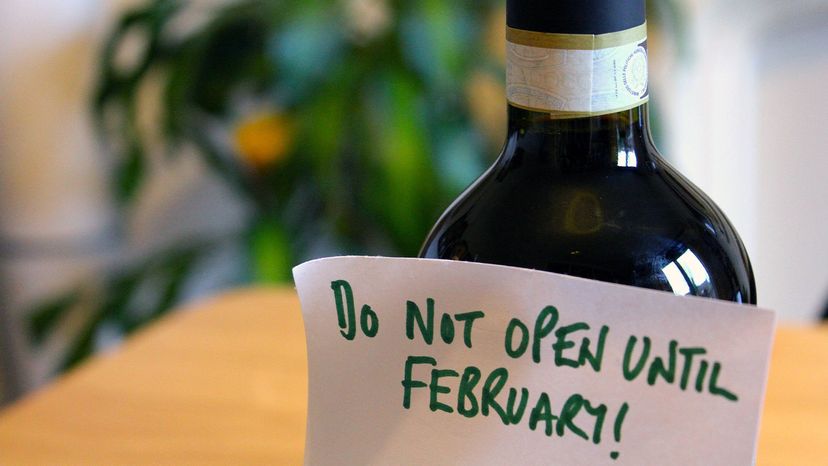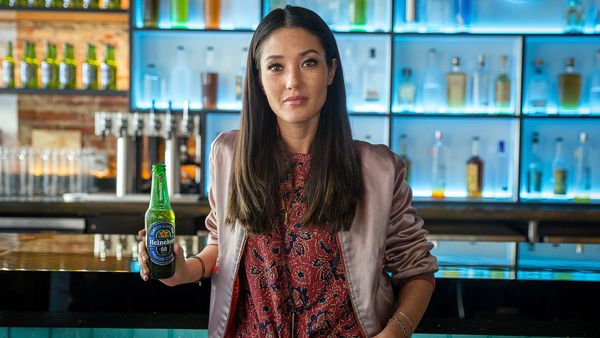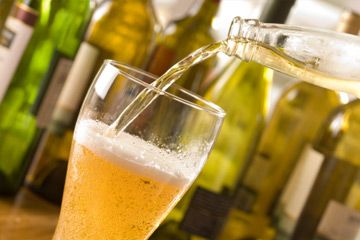As someone who's always shrugged off dry January as just another fad, I was shocked by these results. Are the masses posting about their detox on Facebook actually on to something? Can 31 booze-free days really lead to lifelong habit changes? I spoke with at least a dozen dry January participants. The answer was a resounding yes.
Take Ohio-resident Megan Luchsinger, a former casual drinker who used to spend her Januarys booze-free. She says she felt so refreshed after her 2019 dry January that she ended up ditching alcohol entirely.
"After giving it up for good, I don't miss it at all," Luchsinger says via email. "I'd say [going alcohol-free for] a month is actually harder than giving it up for good, because once February came around I was like, 'oh now I can have a glass of wine at dinner again!' I didn't overindulge in February, but it was more of a countdown to get there."
For Ohio exercise enthusiast Chris Roderer, dry January is a chance to rebalance and get healthier after holiday revelry. With multiple dry Januarys under his belt, Roderer has not only realized that he doesn't need alcohol — he also feels drastically better without it.
"When you go dry for a period you realize even more how even two drinks can affect you the next day," he says via email. "I haven't had the desire to binge at any time. I think it serves as an eye-opener as to how much better you feel without alcohol."
Roderer's health improvements are not a dry January placebo effect. Drinking less alcohol over the course of the year can do wonders for the human body, starting with two of the most important changes: better sleep and sharper concentration.
A 2015 study in the journal Alcoholism: Clinical & Experimental Research, seems to back that up. It found that alcohol "may exert an arousal influence which may compete with the sleep maintenance influence of increased delta activity ... this may have negative implications for the impact of presleep alcohol consumption on sleep and consequent daytime functioning."
Several other studies have shown that drinking too much alcohol leads to sugar cravings, overeating and dry-looking skin. The University of Sussex found that most dry January participants had more energy, lost weight, slept better and had better concentration.
So go ahead and ditch the drinks and go dry. It seems unlikely you'll binge in February. In fact, you might even end up drinking less for the rest of the year.


